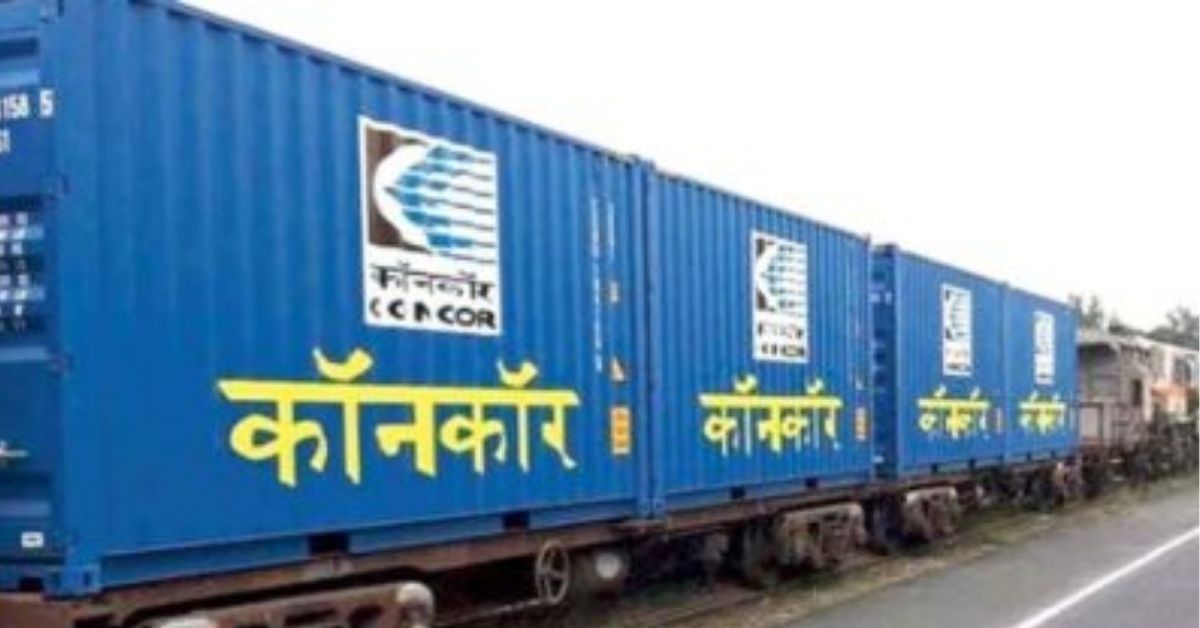Source: ET Infra
Under the DPD scheme, import containers are delivered directly to pre-approved clients at the port itself instead of waiting in a container freight station (CFS) located outside for clearance, which reduces the cargo dwell time and cost for shippers.
A CFS is an off-dock facility licensed by the Customs Department to help decongest a port by shifting containerised cargo and for carrying out Customs-related activities outside the port area.
Through a collaboration with Gateway Terminals India (GTI) and PSA BDP, CONCOR flagged off two rakes on May 11 and 12, carrying cargo of Sabic Innovative Plastics India Pvt Ltd from the rail siding of GTI at Jawaharlal Nehru port in Nhava Sheva to its Varnama ICD at Vadodara, and onward to SABIC’s plant.
GTI, one of the five private container terminals operating at state-owned Jawaharlal Nehru Port, is a joint venture between APM Terminals Management B V (74 per cent stake) and CONCOR (26 per cent stake). APM Terminals Management is the container port operating unit of Danish shipping and transport giant A P Moller-Maersk A/S.
DPD import containers from GTI and the other terminals at Jawaharlal Nehru port are being evacuated by road since the scheme was introduced a few years ago.
“Converting road movement to rail offers clear benefits to GTI by reducing load on gates and to customers as rail movement is more cost-effective than road,” a CONCOR official said. Some 3,500 containers move through GTI gates.
“But the biggest impact is decarbonisation as rail movement offers a sustainable alternative to traditional road transportation, significantly reducing emissions. By leveraging rail infrastructure, GTI aims to contribute to a greener, more sustainable future for the logistics industry,” the official said. The initiative fits well with GTI’s strategy to increase rail movement of containers coming in and out of the terminal, reaffirming its commitment to sustainability and efficiency.







